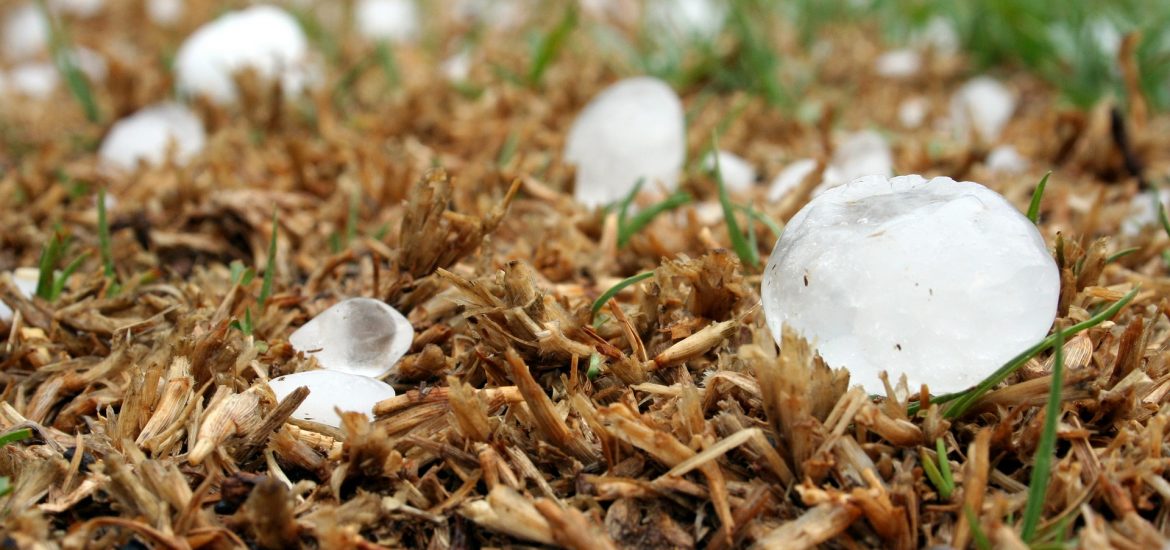Each year insurance adjusters get ready to kick off the “storm season” with a trip to the Upstate of SC in March, and each year the Upstate delivers. This year was no different as the Upstate got pummeled by hail right on schedule, and many homeowners found themselves on the phone with their insurance company trying to figure out what they could do about the hail damage. The process can be confusing for many, so here are some things to consider for next time the storms hit your property. [Note: Each homeowners policy is different, so these are some general tips that apply to most policies.]
- Hail damage is more of an art than a science. You may look at your roof and conclude that it’s not damaged enough since you can’t see huge hail marks or leaks in the roof. Not so fast! Most hail damage to roofs is barely visible to the untrained eye. An insurance adjuster should be able to identify fairly quickly if your damage qualifies.
- Having a roofer on-hand with the adjuster hurts, not helps your case for a new roof. Many out there think you need to have a roofer with you when the adjuster comes out to build a case for your new roof. Unfortunately, roofers have an awful reputation in the adjuster community for calling everything “hail damage,” and if an adjuster is having a bad day, having a roofer argue with him/her isn’t going to make the adjuster want to help you in any way.
- Adjusters want to help you. It’s easy to assume that adjusters, as insurance representatives, are out there to deny your claim, but this just isn’t true for multiple reasons. First off, adjusters are bound by law to be honest and fair to both parties, and if they always deny claims, they or the insurance carrier can get in big trouble. Additionally, telling claimants that their coverage isn’t going to help them is a painful, unwanted conversation, and if the adjuster gets it wrong, s/he’d potentially have to go through mediation or arbitration (see #4 below). And what most people don’t realize is that adjusters are often incentivized to help you. No, they aren’t paid more if they deny more claims (as some assume). Rather many of them are paid more if the claim is higher, such as having to replace an entire roof (since it involves more work on their part).
- If you’re not satisfied with the outcome of your claim, you can reject it. Insurance companies cannot close out your claim unless you consent that you are completely satisfied. If you aren’t satisfied, you can request a different adjuster or mediation/arbitration to decide the case for you.
- Calling an adjuster won’t hurt your premiums. Don’t be afraid to call up your insurance to say you think you have hail damage. There is no charge for an adjuster to look at your house, and no reputable insurance company will raise your premiums just for sending an adjuster.
- Multiple claims will hurt your premium. Unfortunately, if you get hit by hail every year, even though it’s not your fault, you will pay for it. And if you make a hail claim one year, a theft claim another, and a wind claim another year, your premium will go up. More claims equal higher premiums.
- If your area has a lot of claims, your premium is going up even if you don’t make a claim. Consider yourself “guilty by association.” If you live in a zip code that had a lot of hail claims, you’re going to pay for it when next year’s premium is determined, regardless of whether or not you had a claim. It’s a lousy scenario, but you are considered “at risk” for living in that area.
